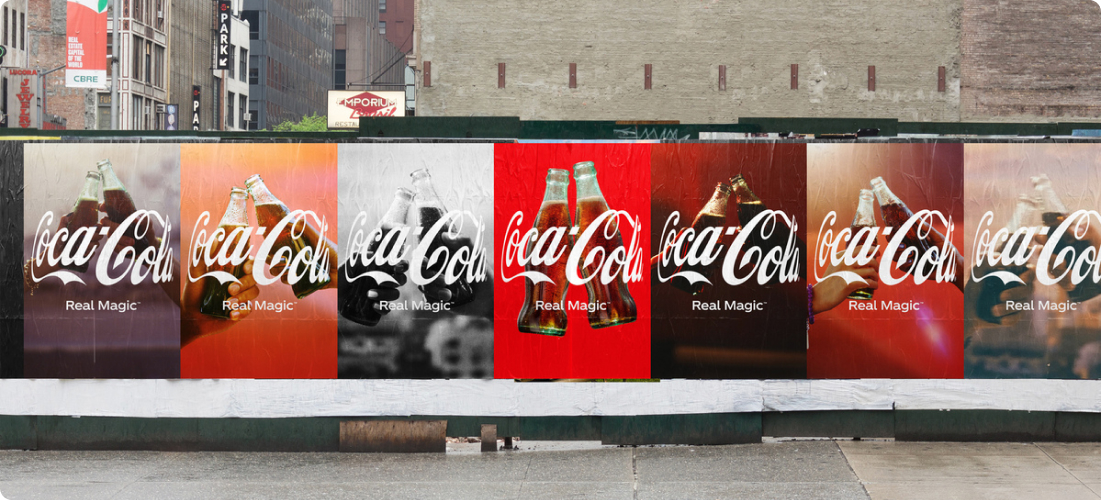
Brand loyalty is a crucial asset for any company, reflecting a deep connection between a brand and its customers. It signifies not just repeated purchases, but also a strong emotional attachment and trust. In today’s competitive market, cultivating brand loyalty can be challenging, yet some brands have mastered this art, earning a dedicated following that drives their success. This article explores the brands with the most brand loyalty and the strategies they employ to achieve it.
Apple stands as a paragon of brand loyalty, boasting a customer base that is fiercely devoted to its products. This loyalty is the result of several key factors:
Innovative Products: Apple consistently delivers innovative products that set industry standards. From the iPhone to the MacBook, Apple’s commitment to cutting-edge technology keeps its customers excited and engaged.
Ecosystem: Apple’s seamless ecosystem of devices and services enhances user experience. Products like the iPhone, iPad, Mac, and Apple Watch work together effortlessly, encouraging users to stay within the Apple ecosystem.
Brand Identity: Apple has cultivated a strong brand identity centered around quality, design, and simplicity. This identity resonates deeply with consumers, creating a sense of community and belongings
Customer Experience: Apple’s focus on customer experience, from its intuitive user interfaces to exceptional customer service, reinforces loyalty. The Apple Store experience, both online and offline, is designed to be welcoming and supportive.
Nike has established itself as a leader in brand loyalty through a combination of inspiration and innovation. The brand’s ability to connect with its audience on an emotional level is a key driver of its success.
Emotional Connection: Nike’s powerful storytelling and inspirational messaging resonate with consumers. Campaigns like “Just Do It” and endorsements from influential athletes inspire and motivate, creating a strong emotional bond.
Product Innovation: Nike continuously innovates its product line, incorporating the latest technology to improve performance and comfort. This commitment to excellence ensures that customers remain loyal and look forward to new releases.
Community Engagement: Nike fosters a sense of community through initiatives like the Nike Run Club and various social campaigns. By encouraging active participation and engagement, Nike strengthens its relationship with its customer’s
Personalization: Nike offers personalized products through its Nike By You program, allowing customers to create unique, custom-designed footwear. This personal touch enhances loyalty by making customers feel valued and special.
Starbucks has mastered the art of creating a personalized and consistent customer experience, which has translated into strong brand loyalty.
Consistency: Starbucks delivers a consistent experience across its global locations, ensuring that customers know what to expect. This reliability fosters trust and loyalty.
Personalization: The Starbucks Rewards program offers personalized benefits and incentives based on customer preferences and purchasing habits. This tailored approach makes customers feel appreciated and understood.
Community and Culture: Starbucks positions itself as a “third place” between home and work, creating a welcoming environment for socialization and relaxation. This sense of community and culture is a significant loyalty drivers
Innovation: Starbucks continually innovates its menu and services, from introducing new flavors and seasonal items to enhancing its mobile app and delivery options. These innovations keep customers engaged and coming back for more.
Amazon’s relentless focus on convenience and customer-centricity has earned it a loyal customer base that spans the globe.
Customer Focus: Amazon’s business model is centered around customer satisfaction. From easy returns to fast delivery, every aspect of the Amazon experience is designed to meet customer needs efficiently.
Prime Membership: The Amazon Prime program offers numerous benefits, including free shipping, streaming services, and exclusive deals. This comprehensive membership encourages customer loyalty by providing exceptional value.
Innovation: Amazon’s continuous innovation, from pioneering e-commerce to introducing Alexa and expanding into new markets, keeps customers engaged and loyal.
Personalization: Amazon uses sophisticated algorithms to personalize the shopping experience, recommending products based on past purchases and browsing history. This personalization enhances the customer experience and loyalty.
Coca-Cola’s brand loyalty is built on a timeless appeal and consistent messaging that has resonated with generations of consumers.
Heritage and Tradition: Coca-Cola’s rich heritage and tradition play a significant role in its brand loyalty. The brand’s iconic status and nostalgic appeal foster a deep emotional connection with consumers.
Consistency: Coca-Cola maintains a consistent brand message and visual identity across all its marketing efforts. This consistency reinforces brand recognition and loyalty.
Global Presence: Coca-Cola’s ubiquitous presence ensures that customers can enjoy their favorite beverage anywhere in the world, reinforcing loyalty through availability and familiarity.
Engagement and Community: Coca-Cola engages with its audience through various campaigns and social initiatives that promote community and happiness. This positive association strengthens customer loyalty.
Brand loyalty is a powerful asset that can drive sustained business success. The brands mentioned above have excelled in building and maintaining loyalty through a combination of innovation, personalization, emotional connection, and consistent customer focus. As consumer expectations continue to evolve, these brands demonstrate that understanding and valuing customers are key to fostering long-term loyalty. By adopting similar strategies, other brands can also cultivate strong, loyal customer relationships that withstand the test of time.